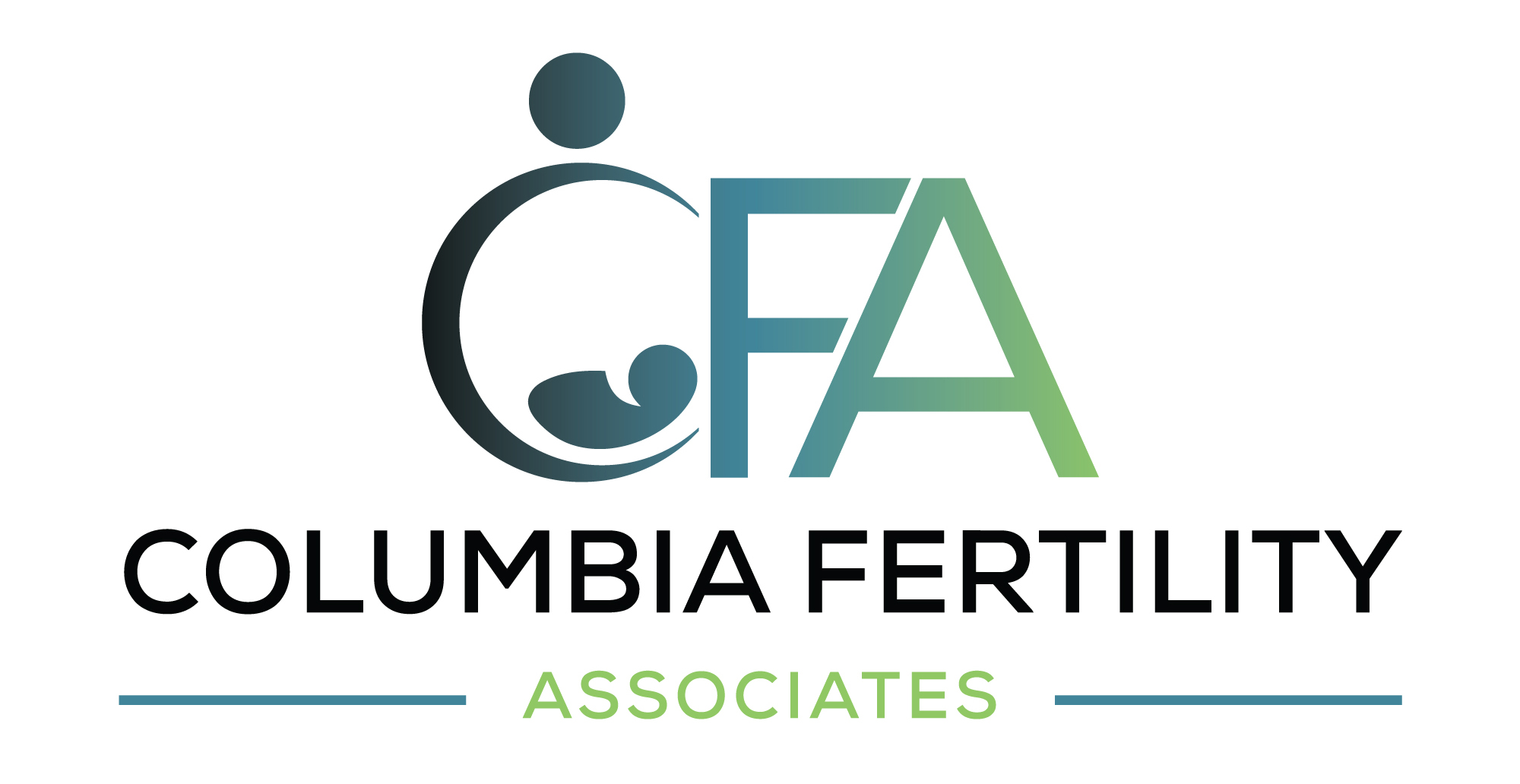Artificial Insemination
Artificial insemination is a fertility procedure that delivers sperm to your uterus or cervix with the goal of conceiving a healthy pregnancy. There are two methods of artificial insemination, intrauterine insemination (IUI) and intracervical insemination (ICI).
IUI is an artificial insemination process that involves inserting sperm directly into your uterus, while ICI involves the insertion of sperm into your cervix, the passage outside the uterus.
In some cases, artificial insemination may also involve taking medication to increase your chances of conceiving. Sperm may also need special preparation before insemination to remove proteins that can interfere with fertilization.

Artificial Insemination Q & A
How Does Artificial Insemination Work?
Women need to monitor their ovulation cycle and take their temperature regularly to determine the best time for conceiving a child. Your Columbia Fertility Associates physician uses either your partner’s sperm or donor sperm that he inserts into your vagina using a special syringe.
Following the procedure, you must lie down for up to 30 minutes to allow the sperm to move into your uterus. After treatment is complete, you can expect to return to your normal activities right away. Your doctor administers a pregnancy test within two weeks to determine if the artificial insemination worked.
How Successful is Artificial Insemination for Conceiving a Child?
There are several factors involved in artificial insemination that can determine how successful you are at achieving a pregnancy. Some of these factors include your age, underlying fertility issues, and use of fertility medications.
Your Columbia Fertility Associates physician discusses your chances of success during your initial consultation based on your medical history, your previous fertility treatments, and other related factors.
Artificial insemination can be beneficial if you have trouble conceiving because of issues such as:
- Low sperm counts
- Low sperm motility
- History of endometriosis
- Genetic defects in sperm
Artificial insemination can also assist single women and same-sex couples that wish to conceive using donated sperm.
What are the Side Effects of Artificial Insemination?
After the procedure, you may experience some mild cramping and light bleeding, both of which are normal. There is also a potential for developing pelvic inflammation or infection following artificial insemination.
If your Columbia Fertility Associates physician prescribes fertility medications in addition to the artificial insemination procedure, it may be more likely you have twins or triplets.
To find out if artificial insemination is right for you, schedule a comprehensive evaluation by calling Columbia Fertility Associates today.

